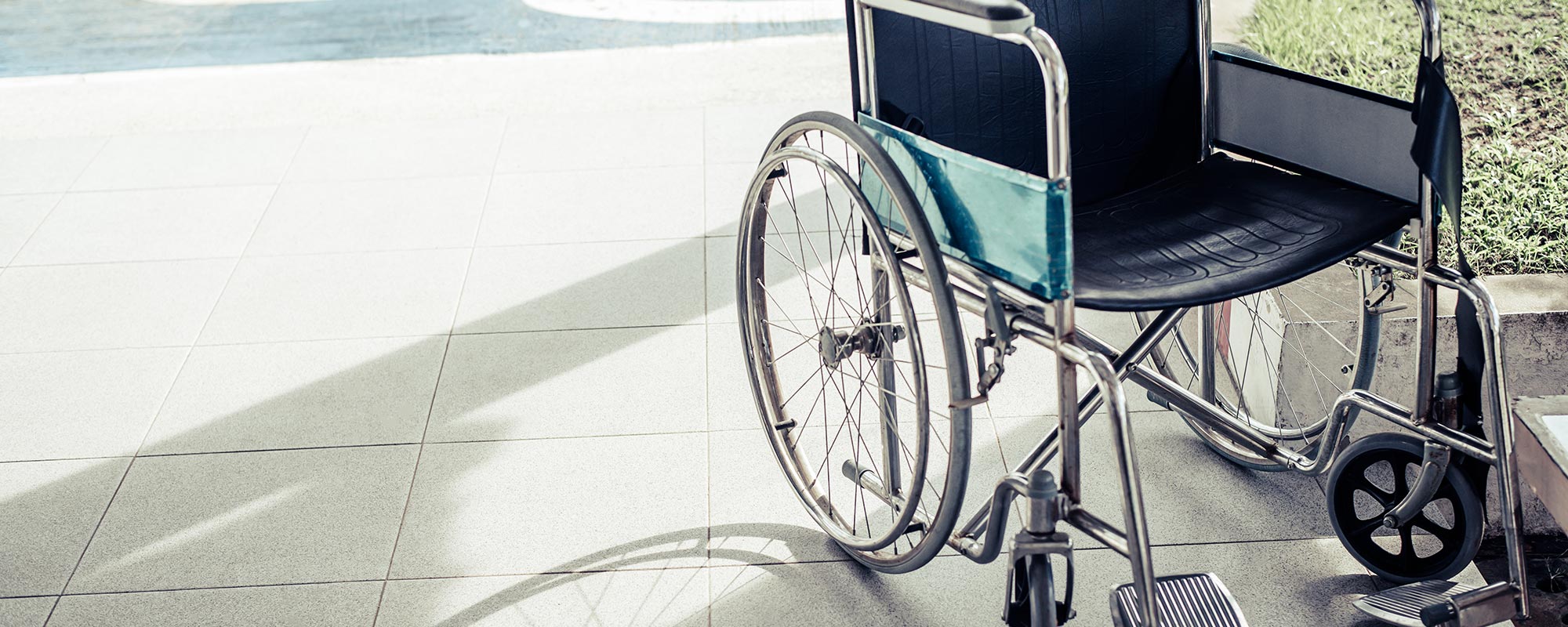Gregory Allen was placed in solitary confinement because he is in a wheelchair. He was held in solitary for 412 days because of his disability. This was unethical, unlawful, and wrong in a number of ways. In the result, when Mr. Allen filed a human rights complaint, CCLA applied for and was granted leave to intervene in order to raise with the Tribunal some of our very serious concerns.
Solitary confinement is a harmful practice that can cause anxiety, loss of control, suicidal ideation and many other devastating harms.
These harms are greatly exacerbated and can become irreversible and permanent in the case of prolonged or indefinite solitary. Prolonged solitary is defined under international law, and increasingly in Canada, as any period of solitary exceeding 15 days. Mr. Allen was held in solitary for 397 days beyond this period.
Given the extreme, long-established and well-known harms caused by solitary, there are legal restrictions governing when a person may be placed in this condition. They mostly concern dangerousness and risk to an individual or the prison. Being in a wheelchair does not in any way meet the legal rules for placement in solitary – and yet this is what happened to Mr. Allen. Which illustrates another serious concern about the practice, how it operates, and why it is so critical that the law must not leave these decisions in the hands of correctional officers without clear rules, transparency, and strong accountability and oversight measures. Prisons are closed-off worlds, generally out of the view of the rest of the public. People in these institutions often have very limited access, if at all, to legal protections. Case in point – Mr. Allen was held, unlawfully, in solitary for 412 days, and it was only after his release that he was able to file a human rights complaint. This is why outside inspection and oversight bodies, as well as individuals, must be allowed into the prisons, and why robust independent, external oversight is necessary.
Finally, a person with a disability may have greater vulnerabilities than other inmates and frequently may require greater access to healthcare and other types of accommodation. This was certainly Mr. Allen’s case. Due to a prior injury, he required daily showers to protect his skin and was incapable of digesting certain foods properly. And yet conditions in solitary are worse than for other inmates, access to healthcare is poorer, and the provision of accommodations to Mr. Allen was grossly inadequate, despite the fact that a prison doctor had approved these accommodations as necessary for him.
And if that is not enough, when Mr. Allen filed his human rights complaint, the province added insult to injury by arguing that they had placed Mr. Allen in solitary in order to accommodate his disability. Accommodations are supposed to make a person’s situation better, and more equitable.
Keeping someone for 412 days in a condition where their basic health and welfare is not provided for and their mental health is at serious risk is the very opposite of an accommodation.
As an intervenor in the case, CCLA provided arguments — written and oral — to share with the Tribunal the many concerns that this situation raised. Following this, Mr. Allen reached a settlement directly with the province (CCLA as an intervenor did not participate in the settlement). The settlement includes some protection for persons with disabilities in Ontario’s jails, but there is still a great deal more work to do.
You can read our factum here.
About the Canadian Civil Liberties Association
The CCLA is an independent, non-profit organization with supporters from across the country. Founded in 1964, the CCLA is a national human rights organization committed to defending the rights, dignity, safety, and freedoms of all people in Canada.
For the Media
For further comments, please contact us at media@ccla.org.




